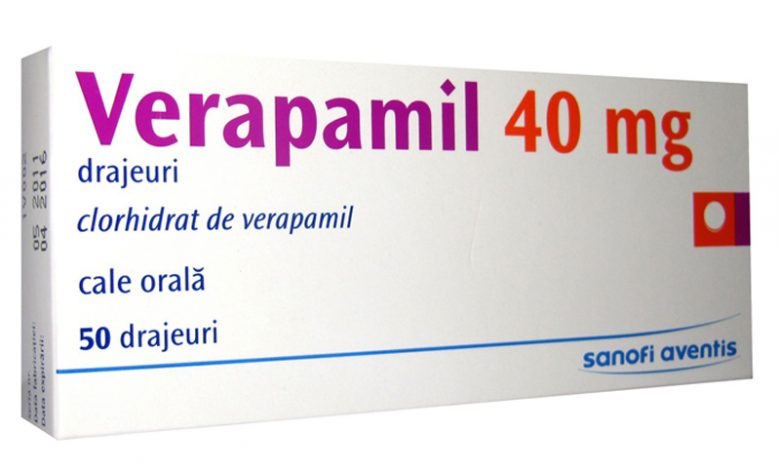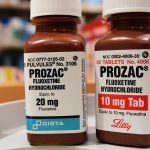Does Verapamil Cause QT Prolongation?

Long QT syndrome (LQTS) is a condition in which repolarization of the heart after a heartbeat is affected. It results in an increased risk of an irregular heartbeat which can result in fainting, drowning, seizures, or sudden death. Some people are born with a genetic mutation that causes long QT syndrome (congenital long QT syndrome). Long QT syndrome may also be caused by certain medications, mineral imbalances, or medical conditions (acquired long QT syndrome).
Many commonly used drugs can prolong the QT interval, especially if used in combination with other substances which affect their metabolism. Prolongation of the QT interval can cause life-threatening polymorphic ventricular tachycardia also known as torsade de pointes. Women and certain susceptible people are more prone to prolongation of the QT interval. This predisposition could be congenital or due to conditions such as hypokalaemia, hypomagnesaemia, renal failure or cardiac failure. Susceptible patients need an electrocardiogram before and after starting drugs that can prolong the QT interval. If a drug prolongs the QT interval beyond normal limits, the benefits of continuing the drug should be weighed against the relatively rare risk of potentially life-threatening arrhythmias.
What is Verapamil?
Verapamil is used to treat high blood pressure and to control angina (chest pain). The immediate-release tablets are also used alone or with other medications to prevent and treat irregular heartbeats.
Verapamil is indicated to treat hypertension, to treat and prevent chest pain (angina), supraventricular arrhythmia and atrial fibrillation/flutter, chronic atrial fibrillation, paroxysmal supraventricular tachycardia, supraventricular tachycardia (pediatric), and tardive dyskinesia. Verapamil may also be used to treat Migraines.
Verapamil is available under the following different brand names: Isoptin SR, Calan SR, Covera HS, Isoptin, Isoptin IV, Calan, Verap, Verapamil SR, Verelan, and Verelan PM.
How verapamil works
Verapamil is in a class of medications called calcium-channel blockers. It works by relaxing the blood vessels so the heart does not have to pump as hard. It also increases the supply of blood and oxygen to the heart and slows electrical activity in the heart to control the heart rate.
Can Verapamil Cause QT prolongation?
Studies indicate that verapamil significantly shortens QT at low heart rates, mainly in the diurnal period, and this characteristic may explain, in part, the previously reported protective effect of verapamil against torsades de pointes (TdP).
Verapamil is highly effective in preventing TdP via shortening of endocardial monophasic ventricular action potentials (MAPs), reduction of left ventricular transmural dispersion of repolarization and suppression of early afterdepolarizations (EADs) in an intact heart model.
Verapamil Side effects
Side effects associated with the use of Verapamil, include the following:
• Constipation
• Dizziness
• Headache
• Increased liver enzymes
• Indigestion
• Low blood pressure (hypotension)
• Nausea
• Rash
• Shortness of breath
• Sleep disturbance
• Swelling (edema)
• Swollen gums
Other side effects of verapamil reported include:
• Abnormal ECG
• High blood pressure (hypertension)
• Elevated liver function test results
• Weakness or lack of energy
If you experience a serious side effect, you or your doctor may send a report to the Food and Drug Administration’s (FDA) MedWatch Adverse Event Reporting program online (http://www.fda.gov/Safety/MedWatch) or by phone (1-800-332-1088).





